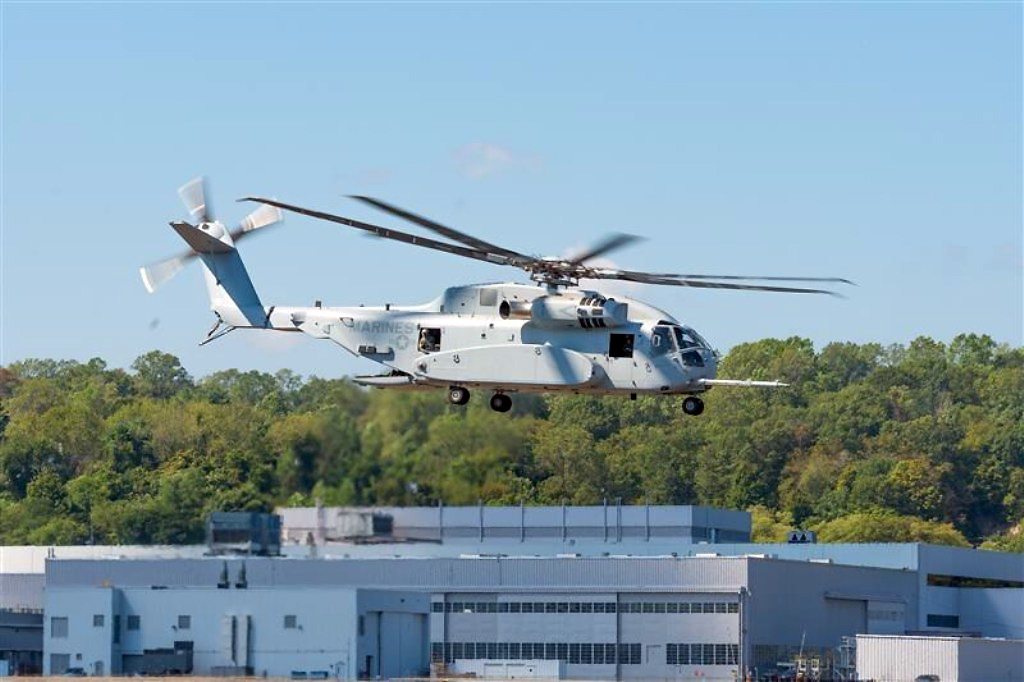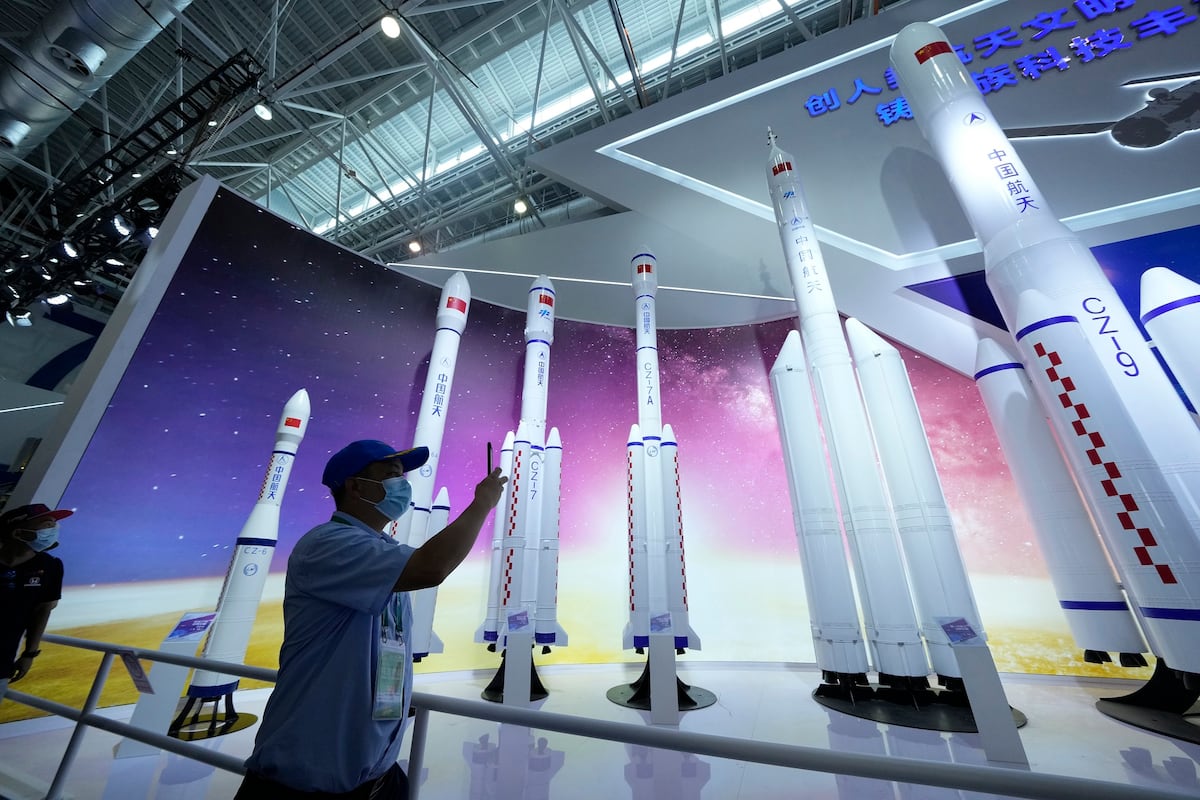The Western Balkans: A Complex Tapestry of Challenges Amid Global Shifts
The Western Balkans, a region long defined by historical upheavals and ethnic tensions, is once again grappling with the specter of instability. As the world’s attention turns towards the ongoing conflict in Ukraine and the invigorated foreign policy of a resurgent United States, the vulnerabilities of the Western Balkans could be further magnified. With the complexities of geopolitics evolving rapidly, local dynamics are set to be tested, risking a regression to the darker chapters of the region’s past.
The Geopolitical Landscape
The geopolitical landscape of the Western Balkans is under strain as major powers increasingly focus their energies on other global hotspots. The recent shifts in U.S. foreign policy, especially under the Trump administration, have left a vacuum that the European Union (EU) struggles to fill. The region that once captured headlines is now at risk of fading from the radar of Western policymakers, presenting an opportunity for local leaders to exploit nationalist sentiments.
The U.S. has historically played a significant role in stabilizing the Balkans, but with its growing preoccupation with Ukraine, the effects on countries like Bosnia and Herzegovina, Serbia, and North Macedonia could be profound. Observers note that the lack of attention could embolden nationalist and autocratic leaders to pursue agendas that threaten the fragile peace established in the aftermath of the Yugoslav wars.
Bosnia and Herzegovina: A Fragile State at the Brink
Bosnia and Herzegovina (BiH), in particular, stands on a precarious precipice as it commemorates the 30th anniversary of the Dayton Peace Accords. These accords, intended to bring peace, paradoxically established a fragile framework that has often served as a platform for division rather than unity. Current tensions are epitomized by the actions of Milorad Dodik, the President of the Republika Srpska entity, who has increasingly advocated for secession. His rising popularity amongst his constituents has fostered an atmosphere where anti-state sentiments begin to fester.
Dodik’s recent legal troubles, including a prison sentence for undermining state institutions, have heightened the stakes. His supporters see the court’s ruling as politically motivated, while opponents argue it is essential for maintaining BiH’s unity. The call for a separate border police force in Republika Srpska underscores the existential struggle facing the state. As international entities like the EU and the U.S. grapple with broader geopolitical matters, BiH’s internal strife continues to threaten regional stability.
Serbia: Groundswell of Public Discontent
To the south, Serbia also faces an escalating wave of public dissent. Triggered by a tragic infrastructure failure that resulted in many lives lost, the protests have become a rallying point for broader grievances about governmental accountability and corruption. The atmosphere is charged, as students and citizens demand systemic reform amidst fears that the current administration is becoming increasingly authoritarian.
Serbia’s President, Aleksandar Vučić, has found himself navigating a precarious political landscape, where his historic support for Bosnian Serbs in neighboring BiH collides with growing internal discord. Tensions are inflamed not just by the protests, but also by the government’s seemingly rampant media control and diminishing civil liberties. The interplay of international focus on Serbia, with a backdrop of its complex relations with both the EU and Russia, makes for a politically charged environment that could erupt at any moment.
North Macedonia: Nationalism on the Rise
Meanwhile, North Macedonia grapples with a resurgence of nationalist rhetoric, propelled by the ruling VMRO-DPMNE party under Prime Minister Hristijan Mickoski. The disillusionment with EU integration, compounded by frustrations over perceived double standards from Brussels, has sparked a wave of anti-EU sentiment. This shift introduces a troubling dynamic as nationalism gains traction amidst a backdrop of corruption and discontent that mirrors the sentiments of neighboring countries.
Recent tragedies, such as a devastating nightclub fire, have reignited public protests demanding accountability and transparency from the government. The outcry reflects a broader frustration with entrenched corruption and the failures of local political leaders, further complicating the delicate balance of power within North Macedonia and heightening nationalist appeals.
Implications of Shifting U.S. Foreign Policy
The resurgence of a more unilateral approach to foreign relations under the Trump administration raises pressing questions about the future of U.S. influence in the Balkans. As Washington appears to pivot towards more transactional relationships, the potential for a diminished Western presence creates a worrying power vacuum. This void may allow local leaders to pursue nationalist agendas with greater impunity, with implications that extend far beyond their borders.
The prospective failure of the EU’s enlargement project coupled with stalled accession negotiations is disillusioning those in the Western Balkans who had hoped for a clearer path to integration. Countries in the region may increasingly seek alternative alliances, potentially inviting greater Russian and Chinese influence into a space already fraught with historical complexities and unresolved tensions.
A Region at the Crossroads
The Western Balkans finds itself at a significant crossroads. With its multifaceted challenges—internal discord, ethnic polarization, and the quest for democratic governance—the region must navigate an increasingly turbulent geopolitical landscape. The interplay of national identities, international pressures, and local governance raises critical questions about the path forward. Unless addressed, the looming threats posed by rising nationalism and external influences risk pushing the region towards an uncertain and perilous future.
As attention twists back towards broader international concerns, the Western Balkans must claim its space on the world stage, asserting its relevance in the global narrative while striving for peace and stability. The stakes are high, as the lessons of history loom large, reminding everyone of the delicate peace that hangs in the balance.





